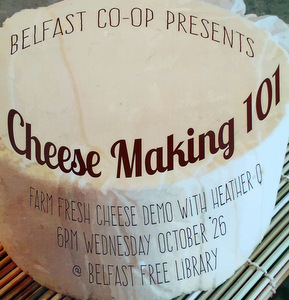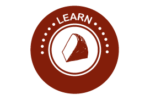Yesterday at the Guild meeting in China I spoke about the most interesting workshop I attended at the recent Science of Artisan Cheese conference: the Obsalim Method is a technique for long term dairy herd evaluation that has been used in France for 30 years. Only recently have the Obsalim (a contraction of the words OBServation and ALIMentation) materials been translated to English, and this system has started to gain attention among dairy farmers (cow, sheep, AND goat) in Britain.
The gist of the system is to use specific observations about *common* aspects across the entire herd (the system is meant to evaluate the entire herd, not just one or a few outlier members), and then to quickly translate the separate elements you’ve observed into a numeric score that can tell you the overall stress-level of the herd, and suggest areas of improvement.
It’s important to note that these cards do not necessarily diagnose illness or disease in the herd, although obviously any wide-spread disease will increase the stress of the herd. The intention is for dairy farmers to always work toward stress reduction because a calm and happy dairy animal will convert their feed into milk at an optimal rate (lowering feed costs and raising production) as well as be more likely to remain healthy (reducing vet and medical costs).
There seemed to be wide interest in understanding this new “standardization” of what a good herdsperson will do on their own, so I thought I would post this link and blurb separately. The benefit here is 30+ years of correlating observations with changes in a herd, plus having a common language of observation that might help herdspeople discuss their own experiences with their herds more successfully.
If you follow the link you can find a very detailed explanation of the system, along with a demonstration of how it works. You can also purchase the system either as cards (like playing cards), or as software. Let me know what you think!
 The Belfast Coop will be presenting a Farm Fresh Cheese Demo with Heather Q at 6pm Wednesday, October 26th held at the Belfast Free Library.
The Belfast Coop will be presenting a Farm Fresh Cheese Demo with Heather Q at 6pm Wednesday, October 26th held at the Belfast Free Library.
